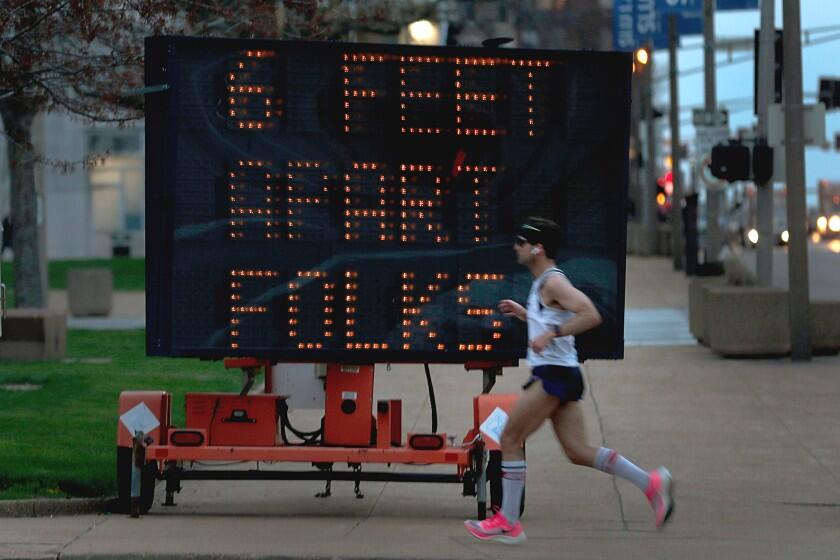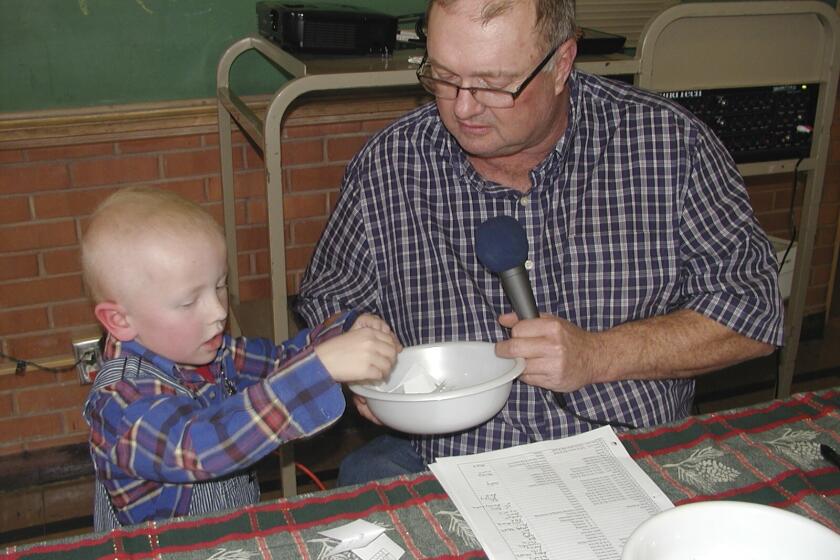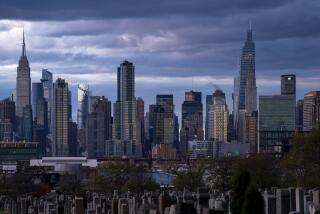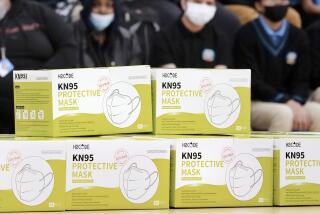Supreme Court bars coronavirus restrictions at some New York houses of worship
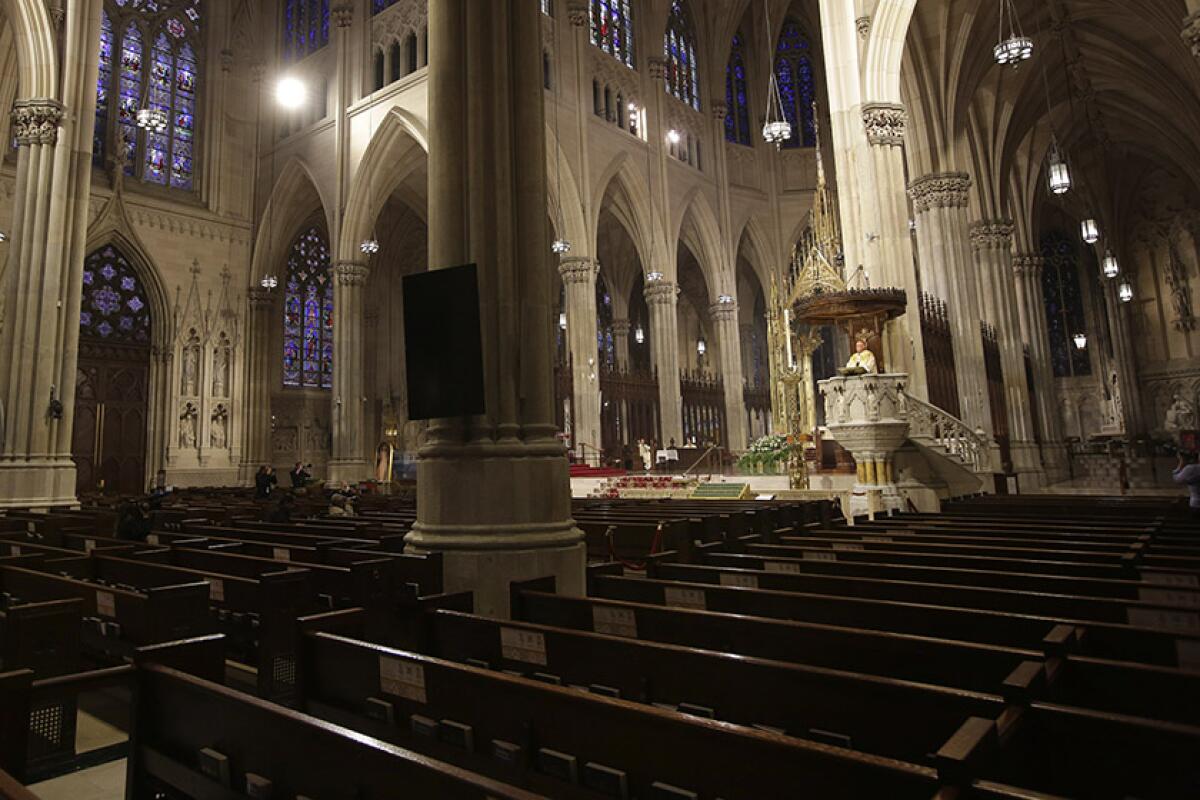
WASHINGTON — As coronavirus cases surge again nationwide, the U.S. Supreme Court late Wednesday temporarily barred New York from enforcing certain attendance limits at houses of worship in areas designated as hard hit by the virus.
The court’s action could push New York to reevaluate those restrictions. But the court’s action won’t have any immediate impact since the two groups that sued as a result of the restrictions, the Catholic Church and Orthodox Jewish synagogues in Brooklyn and Queens, are no longer subject to them.
The groups sued to challenge attendance limits at houses of worship in areas designated red and orange zones, where New York had capped attendance at 10 and 25 people, respectively. But the groups are now subject to less restrictive rules because they’re now in areas designated yellow zones.
The justices split 5 to 4 to bar the state from enforcing the restrictions against the groups for now, with new Justice Amy Coney Barrett joining fellow conservatives in the majority. It was Barrett’s first publicly discernible vote as a justice. The court’s three liberal justices and Chief Justice John G. Roberts Jr. dissented.
The justices acted on an emergency basis while lawsuits challenging the restrictions continued. In an unsigned order, a majority of the court said the restrictions “single out houses of worship for especially harsh treatment.”
Missouri’s two largest metropolitan areas are cracking down on restaurants that violate rules designed to stem the spread of the coronavirus
The move is a shift for the court. Earlier in this year, when Barrett’s liberal predecessor, Justice Ruth Bader Ginsburg, was on the court, the justices divided 5 to 4 to leave in place pandemic-related capacity restrictions affecting churches in California and Nevada.
The court’s action was a victory for the Roman Catholic Church and Orthodox Jewish synagogues that had sued to challenge state restrictions announced by Gov. Andrew Cuomo on Oct. 6.
The Diocese of Brooklyn, which covers Brooklyn and Queens, argued that houses of worship were being unfairly singled out by the governor’s executive order. It noted that in red zones, businesses deemed “essential,” from grocery stores to pet shops, can remain open without capacity limits, though “non-essential” businesses had to close. And in orange zones, most businesses can open without capacity restrictions.
The diocese argued that it had previously operated safely by capping attendance at 25% of a building’s capacity and taking other measures. Parts of Brooklyn and Queens are now in yellow zones, where attendance at houses of worship is capped at 50% of a building’s capacity.
The cancellation of the Christmas Drawing in Norcatur, Kan., shines a spotlight on the COVID-19 pandemic that has reached deep into rural America.
Agudath Israel of America, an Orthodox Jewish organization with synagogues affected by the restrictions, also sued. The organization argued that the governor’s restrictions targeted the Orthodox Jewish community in particular.
New York, for its part, told the court that religious gatherings were being treated less restrictively than secular gatherings that carried the same infection risk, like concerts and theatrical performances, which were prohibited entirely.
Two lower courts had sided with New York in allowing the restrictions on houses of worship to stand. There are currently several areas statewide designated orange zones but no red zones, according to the state’s website that tracks areas designated hot spots.
More to Read
Sign up for Essential California
The most important California stories and recommendations in your inbox every morning.
You may occasionally receive promotional content from the Los Angeles Times.
